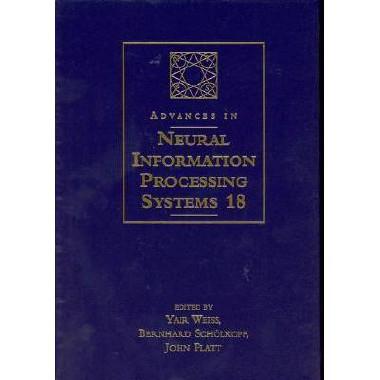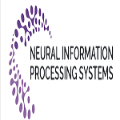In recent years, research involving human participants has been critical to advances in artificial intelligence (AI) and machine learning (ML), particularly in the areas of conversational, human-compatible, and cooperative AI. For example, roughly 9% of publications at recent AAAI and NeurIPS conferences indicate the collection of original human data. Yet AI and ML researchers lack guidelines for ethical research practices with human participants. Fewer than one out of every four of these AAAI and NeurIPS papers confirm independent ethical review, the collection of informed consent, or participant compensation. This paper aims to bridge this gap by examining the normative similarities and differences between AI research and related fields that involve human participants. Though psychology, human-computer interaction, and other adjacent fields offer historic lessons and helpful insights, AI research presents several distinct considerations$\unicode{x2014}$namely, participatory design, crowdsourced dataset development, and an expansive role of corporations$\unicode{x2014}$that necessitate a contextual ethics framework. To address these concerns, this manuscript outlines a set of guidelines for ethical and transparent practice with human participants in AI and ML research. Overall, this paper seeks to equip technical researchers with practical knowledge for their work, and to position them for further dialogue with social scientists, behavioral researchers, and ethicists.
翻译:暂无翻译




